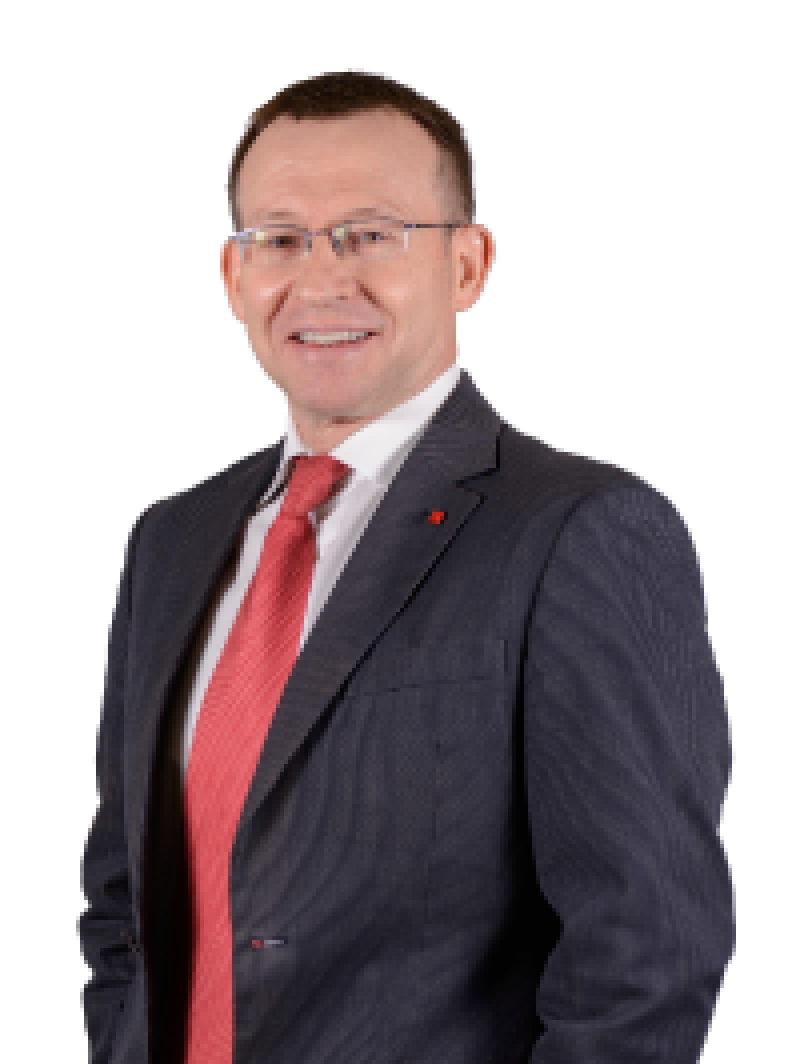
A report entitled Trade in Counterfeit and Pirated Goods: Mapping the Economic Impact, by the OECD and the EUIPO, was presented on Monday at the OECD’s Paris headquarters. The publication of this study comes on the eve of the 2016 OECD Integrity Forum, running from April 19 to 20 2016. The two institutions have analysed nearly 0.5 million Customs seizures around the world from 2010 to 2013, and have prepared the most rigorous estimate to date of the global trade in counterfeit goods.
Salient points
The results of the study refer to Customs seizures and do not include counterfeit and parallel goods produced and consumed within the country or products that have been pirated online. Some salient points of the study follow below:
- In 2013, the international trade in counterfeit or pirated goods constituted 2.5% of world trade at $461 billion. That amount is equivalent to the GDP of Austria, or the combined GDP of Ireland and the Czech Republic, which gives a clearer idea of the potential economic revenue obtained by the criminal organisations involved in this trade.
- In 2013, the importation of goods of this kind into the EU reached 5% of total imports, valued at €85 billion ($116 billion), which suggests that counterfeits in the EU have double the impact that they do worldwide.
- Counterfeiting and piracy have a huge impact on a global economy that is propelled by innovation, and they are the main threat to a knowledge-based economy. IP protection and enforcement is one of the primary driving forces behind innovation, contributing towards long-term economic growth.
The countries whose companies have been hit hardest by the trade in counterfeit and pirated products are: the United States (20%); Italy (15%); France and Switzerland (12%); Japan and Germany (8%)
- Counterfeiters and pirates maximise profits by targeting all market segments: both consumers who believe that they are buying the genuine article (primary market) and those who directly seek to purchase counterfeit goods (secondary market).
- Any product to which IP adds economic value and creates price differences becomes a target for counterfeiters. This affects all kinds of products and consumers of top-end products, B2B companies and ordinary consumers.
- Counterfeiting and piracy is a global and dynamic phenomenon that leans on trade recovery following the crisis, the opening up of markets in many regions, the emergence and globalisation of value chains and the boom in electronic commerce.
- Goods of this kind come from virtually all economies across all the continents, with China being the largest producer.
- The countries whose companies have been hit hardest by the trade in counterfeit and pirated products are: the United States (20%); Italy (15%); France and Switzerland (12%); Japan and Germany (8%); the United Kingdom (4%); Luxembourg (3%); Finland, Spain and Belgium (2%) and China (1%). Some emerging countries whose innovative companies rely on IP as the basis for their global development strategy are also affected by infringements of this kind.
- The trade routes for counterfeit and pirated products are complex and subject to dynamic change. Some of the transit points are countries with weak governance or a strong criminal organisation or terrorist network presence, such as Afghanistan and Syria. The trade routes change each year in order to exploit any weak spots or absence of supervisory mechanisms that present themselves at any given time.
- The continued increase in the percentage of small consignments, primarily through postal parcels or courier companies, due to the increasing importance of the internet and e-commerce in world trade. On the one hand, traffickers benefit from the reduced costs that such consignments entail, the fact that they can avoid detection and the minimisation of the risk of being penalised, while on the other hand, the operational costs involved in Customs supervision and detention of goods go up due to the huge volume of consignments.
Political solutions

The various countries can and must establish, either individually or together, political solutions that protect against this global phenomenon which not only affects IP rights holders but also the member state itself and society as a whole.
As stated in the background paper for the 2016 OECD Integrity Forum, the cost of failing to act is significant as it exposes society to global threats engendered by the dark side of globalisation, where the absence of effective integrity checks in Customs administrations may benefit organised crime and enable illicit trade and smuggling, of both strictly prohibited goods and counterfeits, to thrive.
The loss in Customs revenue as a result of corruption in this sector in the OECD member states is estimated to be at least $2 billion a year, to which a blind eye cannot be turned.
Juan José Caselles, lawyer and associate partner, anti-counterfeiting department, Elzaburu











